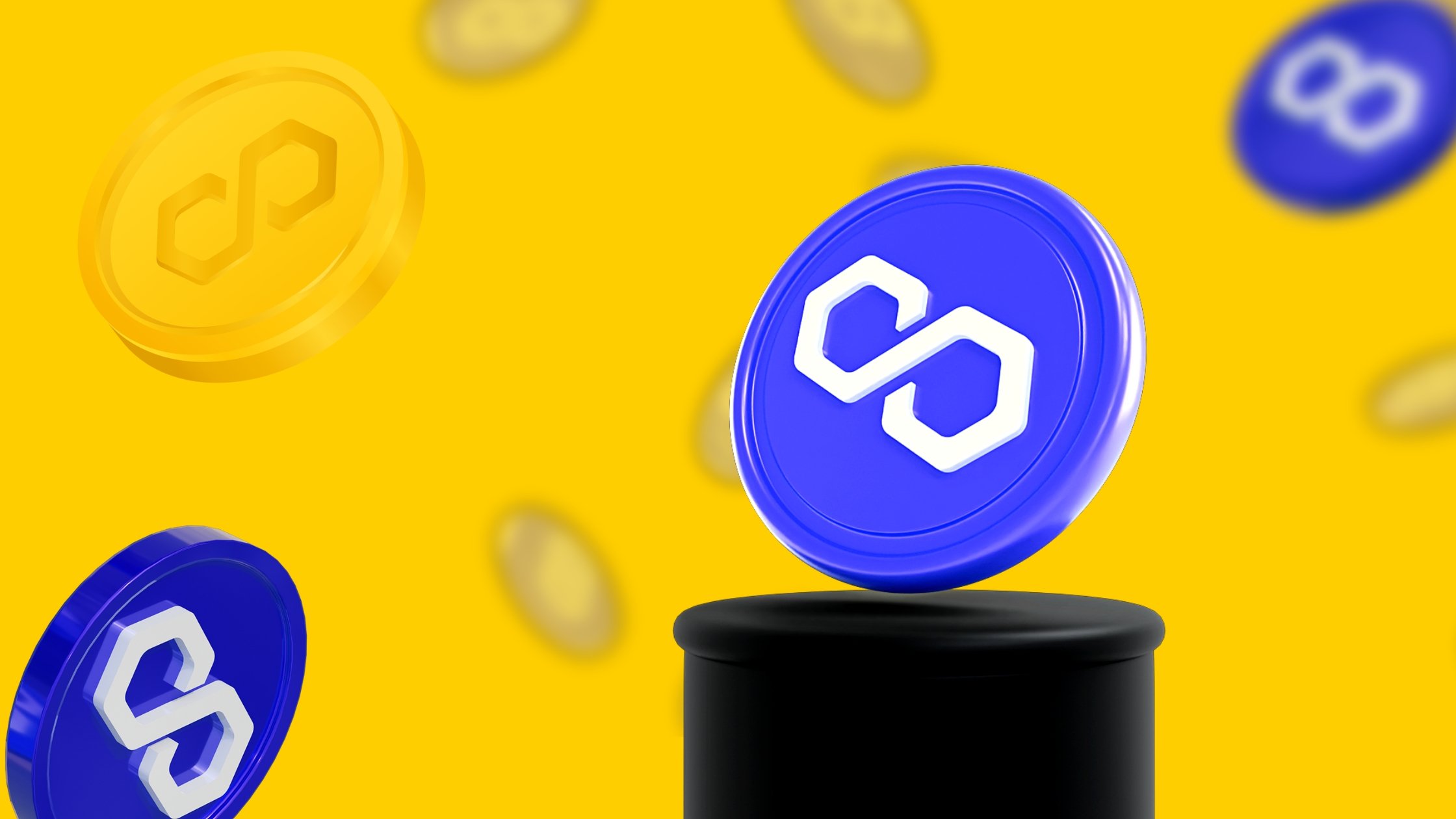Polygon (Matic Network) is a Layer 2 scaling solution that seeks to resolve the problems of scalability on Ethereum blockchains.
Polygon is a stack of protocols designed to fix Ethereum’s scalability issues. The Polygon network addresses the network’s challenges by handling transactions on a separate Ethereum-compatible blockchain.
Following that, Polygon returns transactions to the main Ethereum blockchain for post-processing. This method reduces the network burden on Ethereum. Polygon may therefore speed up transactions while lowering transaction costs to less than a penny.
Polygon claims to be able to process up to 7,000+ transactions per second on a single side chain. The architecture also enables the development of globally accessible decentralized financial apps based on a single underlying blockchain.
Who Founded Polygon?
Polygon’s current CEO is co-founder Jaynti Kanani. He worked on the project with Co-founder and chief operational officer Sandeep Nailwal and Co-founder and chief product officer Anurag Arjun. Polygon was founded in October 2017 by the three and it was known as Matic Network at the time.
At first, funds from friends and family in Mumbai helped support the venture. But, while Polygon has its roots in India, the platform continues to attract investors from all around the globe. Polygon raised over $450,000 in two rounds of startup funding in 2019. The venture has roughly $450 million in funding from various investors.
Prior to launching its own network, the Polygon team was a significant contributor to the Ethereum ecosystem. The team worked on Ethereum to build the Plasma MVP, the WalletConnect protocol, and the widely used Dagger event notification engine.
What Makes It Unique?
Polygon boasts up to 7,000+ transactions per second on a single side chain and a respectable block confirmation time of less than two seconds. The framework also allows for the creation of globally available decentralized financial applications on a single foundational blockchain.
Additionally, Polygon bills itself as a Layer 2 scaling solution, which means the organization has no plans to improve its existing basic blockchain layer anytime soon. The project aims to simplify scalability and enable quick blockchain transactions.
How Many Polygon (MATIC) Tokens Are There in Circulation?
Polygon currently has a circulating supply of 8,734,317,475 MATIC tokens and a max supply of 10,000,000,000 MATIC tokens.
At its initial private sale in 2017, 3.8 percent of MATIC’s max supply was issued. In the April 2019 launchpad sale, another 19 percent of the total supply was sold. The MATIC price was $0.00263 per token, and $5 million was generated.
How Is the Polygon Network Secured?
As a Layer 2 solution utilizing a network of proof-of-stake validators for asset security, staking is an integral part of the Polygon ecosystem. Validators on the network will stake their MATIC tokens as collateral to become part of the network’s PoS consensus mechanism and will receive MATIC tokens in return.
Members of the network who do not wish to become validators can delegate their MATIC tokens to another validator, but will still take part in their staking process and earn staking rewards.
In addition to the proof-of-stake checkpointing, Polygon uses block producers at the block producer layer to achieve a higher degree of decentralization. These block producers give finality to the main chains using checkpoints and fraud-proof mechanisms.










